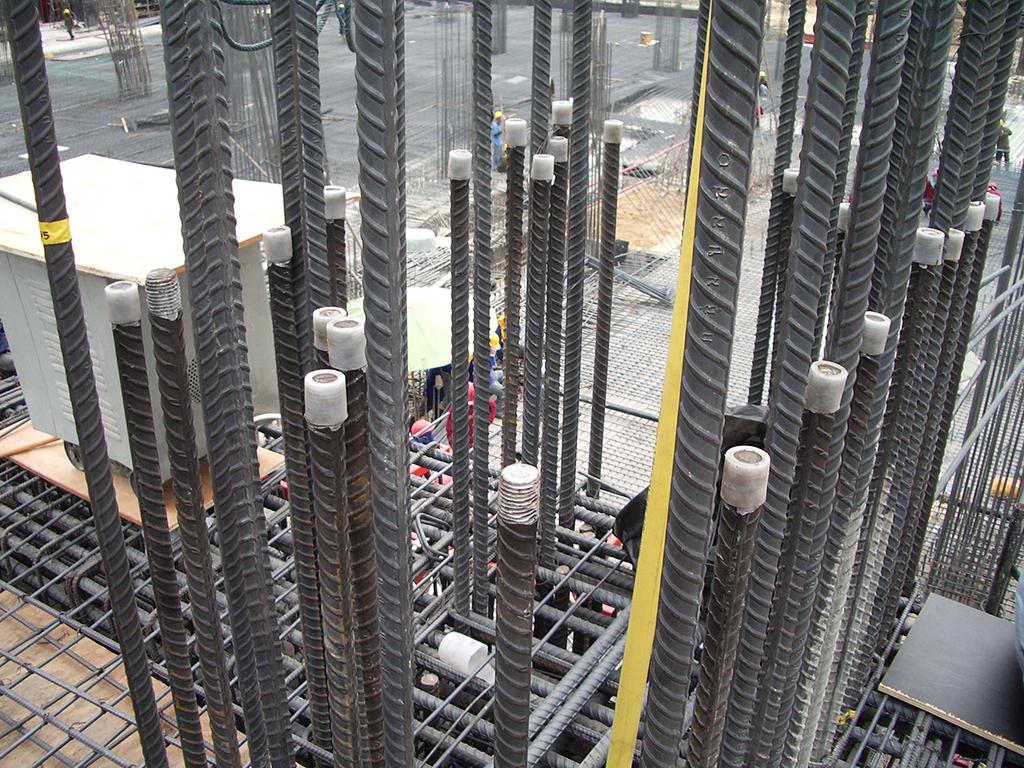
Thailand is bracing for the impact of expensive steel in the global market after prices rose by more than 10% following the outbreak of war between two of the world's major steel exporters -- Russia and Ukraine.
The price of steel billet in the global market increased to around US$800 per tonne, up from $650 per tonne, in just one week, said Pravit Horungruang, a committee member of the EAF Long Product Steel Producers Association.
"Steel prices will fluctuate greatly because the conflict is not expected to end anytime soon while global oil prices continue to increase, which will affect supply chains," he said.
Global steel consumption is expected to drop in the short term because the war has led to "global demand shock", said Mr Pravit.
Large steel factories in Russia and Ukraine have shut down, unable to supply products to the world market.
"Many countries want to buy more steel from other producers, especially those in Asia, but it is difficult to do so because steel makers in the region are committed to purchase orders they received before war broke out," he said.
In the long term, once the war ends demand for steel in the global market will increase because it will be needed for reconstruction and repair work in areas damaged during military clashes, said Mr Pravit.
The global consumption of all types of steel stands at 1 billion tonnes a year.
China uses a large volume of steel, importing from many countries to serve construction projects, helping to drive its economic growth.
He said steel makers in Thailand are monitoring the war and discussing its subsequent impact on domestic prices of steel, given the higher energy costs.
There are fears that global oil prices, which rose towards US$130 a barrel earlier this week, will keep increasing and drive up production costs for industries.
"In Thailand, steel makers have adopted risk management," said Mr Pravit.
"They are using stocks purchased before the war, so there is no need to increase domestic steel prices even as global prices rise."
The association believes domestic steel makers will not hoard their products because the government is closely monitoring the prices.